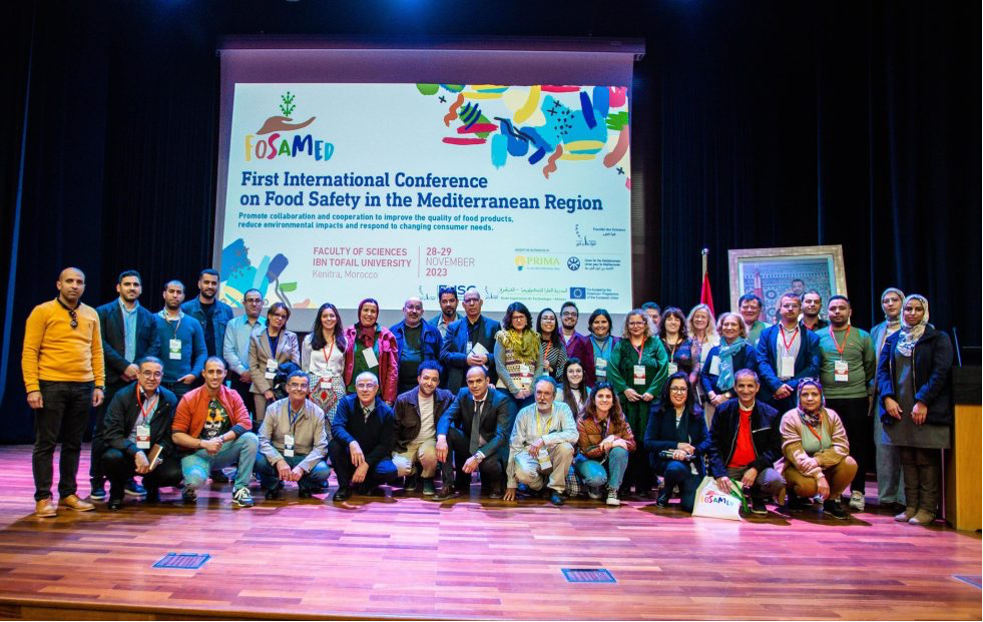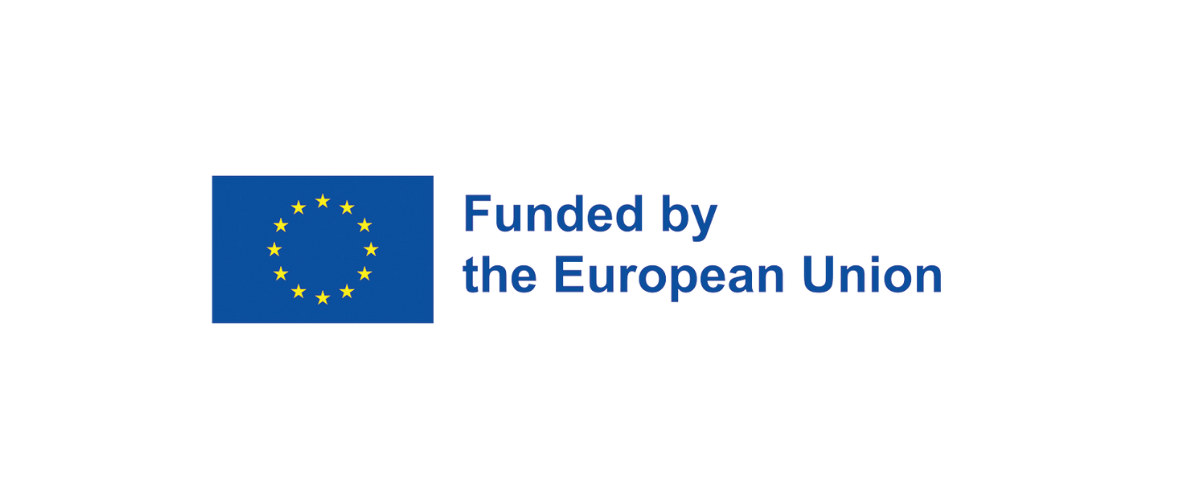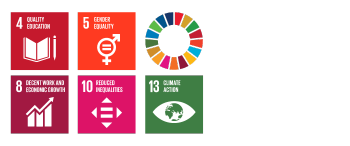- 12 décembre 2024
- Coordinateur Erasmus
- 0

The Master includes a first year with a common curricular plan in the 4 HEIs, which will cover the following subjects: Food Chemistry, Food Microbiology, Laboratory Biosafety, Food Analysis Methods, Applied Statistics, Technical English, Food Toxicology, Unit Operations in Food Processing, Food Safety and Quality Management, Food Safety and Hygiene, Food Legislation, Human Nutrition and Health.
The second year is a specialisation year, with each of the Moroccan HEIs having a distinct specialisation: Milk and dairy products – IAV; Fruits and Vegetables – IBN; Olive Tree Products – ENA; Local Agri-Food Products – UMP. The Master also includes a period of internship and the writing of an internship memoir or thesis (Projet de Fin d’Etudes).
The description of all courses for each semester at each institution is described in the Master’s Programme.

Fosamed comes to an end
The FoSaMed project is an Erasmus+ project funded by the European Commission. Running from January 2021, it brought together four Moroccan universities promoting inclusive education through curriculum development and teacher education on food safety, namely the Agronomic and Veterinary Institute Hassan II (IAV), the National School of Agriculture (ENA), Ibn Tofail University (IBN) and Mohamed I University (UMP), supported by the project coordinator the University of Évora (UEVORA) together with the University of Barcelona (UB) and the Mediterranean Universities Union (UNIMED). FENAGRI, the national agri-food federation, was an associated partner of the project.
The main result of the Fosamed project is the development of a new Master’s Programme on Food Safety in Morocco, whose first edition was launched on the 11th December 2023.
70 students are officially enrolled in the Master’s and attended about 600 teaching hours.



In addition to that, the Fosamed project has carried out a number of inspiring and fruitful activities, whose main results can be summarized as follows:
- Needs Assessment Report & Curricula Evaluation Report: the report explains the results of the survey of needs assessment to explore the Food Safety sector, including Moroccan HEIs, and stakeholders, and identify their needs and existing gaps. Staff expertise, facilities and conditions of the four Moroccan HEIs involved were analyzed to further identify needs and gaps. The reported results were used to plan and design the new joint Master Programme.
- Training of Teachers: a series of online webinars were carried out and two five-day workshops in Evora and Barcelona took place in order to upgrade professors’ teaching and learning methodologies.
- Best Teaching Practices Guidelines: some learning strategies have been elaborated, which can be integrated into classrooms in order to enhance student’s learning process.
- Open Days: while waiting for the official launch of the FoSaMed Master’s, the Moroccan partners organized Open Days to promote the new Master’s programme.
- New modules and courses: the teams from the Universities of Évora and Barcelona jointly prepared teaching materials corresponding to 10 modules: Food Microbiology, Food Chemistry, Food Safety and Hygiene, Applied Statistics for Food Safety, Food Legislation, Food Sensory Analysis, Food Toxicology, Unit Operations in Food Processing, Nutrition and Health, Scientific Writing.
- New modules and courses implemented in the e-learning space: the teaching materials prepared by the University of Évora and Barcelona teams were made available on the University of Évora’s project Moodle, to which the Moroccan lecturers involved in teaching the Master’s programme were given access. The aim of sharing these materials was for Moroccan teachers to use them to prepare lessons for the Master’s programme.
- Moodle: an e-learning space with online modules and teaching materials on Food Safety was created by European teaching teams to be shared with the Moroccan teaching group.
- Modern Food Safety Labs: four Labs were established in each Moroccan partner institution to be intensively used both for teaching and learning (by teachers and students), as well as for research and further activities and services to the local communities (by researchers). In addition to train local staff to autonomously manage the Master’s over time with online classes and innovative teaching methods, the labs allowed students to benefit from hand-on sessions and practical activities.
- The First International Conference on Food Safety in the Mediterranean Region: a two-day event at the premises of IBN Tofail University took place in order to bring together leading researchers, industry experts and policy makers to exchange knowledge and ideas on the latest advances in agri-food research and innovation and stimulate new initiatives that contribute to more sustainable and resilient food systems.
- Three cooperation agreements: those documents laid the foundations for a collaborative network. They aim to create a sustainable international cooperation network to promote educational initiatives and internationalization, attract funding and ensure the sustainability of results. A first agreement was signed between the Moroccan universities involved; a second agreement was signed between the Moroccan partners and Fenagri; a third agreement was signed between all the project partners.
- Master’s promotional video: a promotional video telling the story of the Fosamed Master’s was published.
Final conference entitled “Partnership for the Goals: Improving Food Safety in the Mediterranean” was organized in collaboration with UNIMED, the Union for the Mediterranean and the PRIMA Foundation in order to celebrate the closure of the project.



